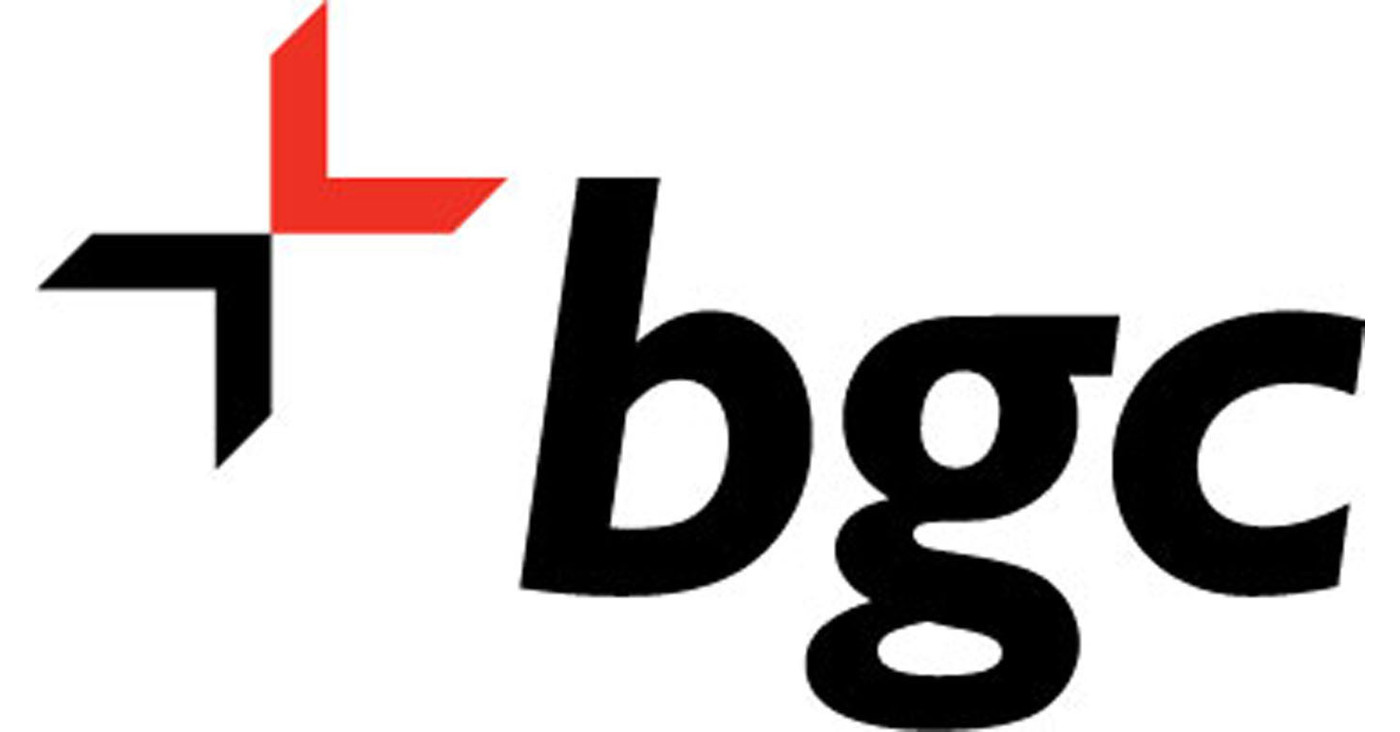Pivotal Software’s Fair Value Determination: A Court’s Insight into a Complicated Merger
The merger between Pivotal Software, Inc., and its controlling stockholder, VMware, Inc., came with some complexities and disagreements. Here’s an insightful look into the trial decision, which revolved around determining the fair value of Pivotal’s Class A common stock.
The Disagreement
Former Class A common stockholders of Pivotal exercised their appraisal rights in connection with the merger, and a disagreement over the fair value of Pivotal’s stock ensued. The petitioners believed the stock’s fair value was $20, relying on a comparable companies analysis and transactions analysis. On the other hand, the respondent claimed a fair value of $12.17, mainly based on a discounted cash flow (DCF) analysis, arguing that the deal price of $15 was the cap on fair value.
The Court’s Analysis
The court performed a rigorous examination and made adjustments to both the petitioners’ and the respondent’s valuation methodologies.
Comparable Companies Analysis
In the comparable companies analysis, the court made two adjustments to the petitioners’ model. These included weighing the petitioners’ multiplier to account for Pivotal’s services segment more accurately and declining to adjust for an implicit minority discount. This yielded a value of $14.75 per share.
DCF Analysis
The court also adjusted the respondent’s DCF analysis, rejecting the use of a size premium and the ‘convergence’ approach to the terminal value calculation. By applying a 2.5% perpetuity growth rate instead, the court reached a value of $14.91 per share.
The Decision
By averaging the calculations from both analyses, the court determined that the fair value of Pivotal’s Class A common stock was $14.83 per share. The petitioners were entitled to this amount plus pre-judgment interest.
The court’s decision also touched on an interesting question concerning Delaware law: whether the appraisal statute requires deference to the deal price in specific scenarios. The short answer provided by the court was no, but they did emphasize the importance of strong procedural protections for minority stockholders.
Conclusion
The determination of Pivotal’s stock’s fair value has shed light on the intricacies involved in complex mergers and valuations. Despite the challenges raised, the court’s independent valuation vindicated the deal price, reflecting the depth and nuance of financial analysis in legal disputes.





